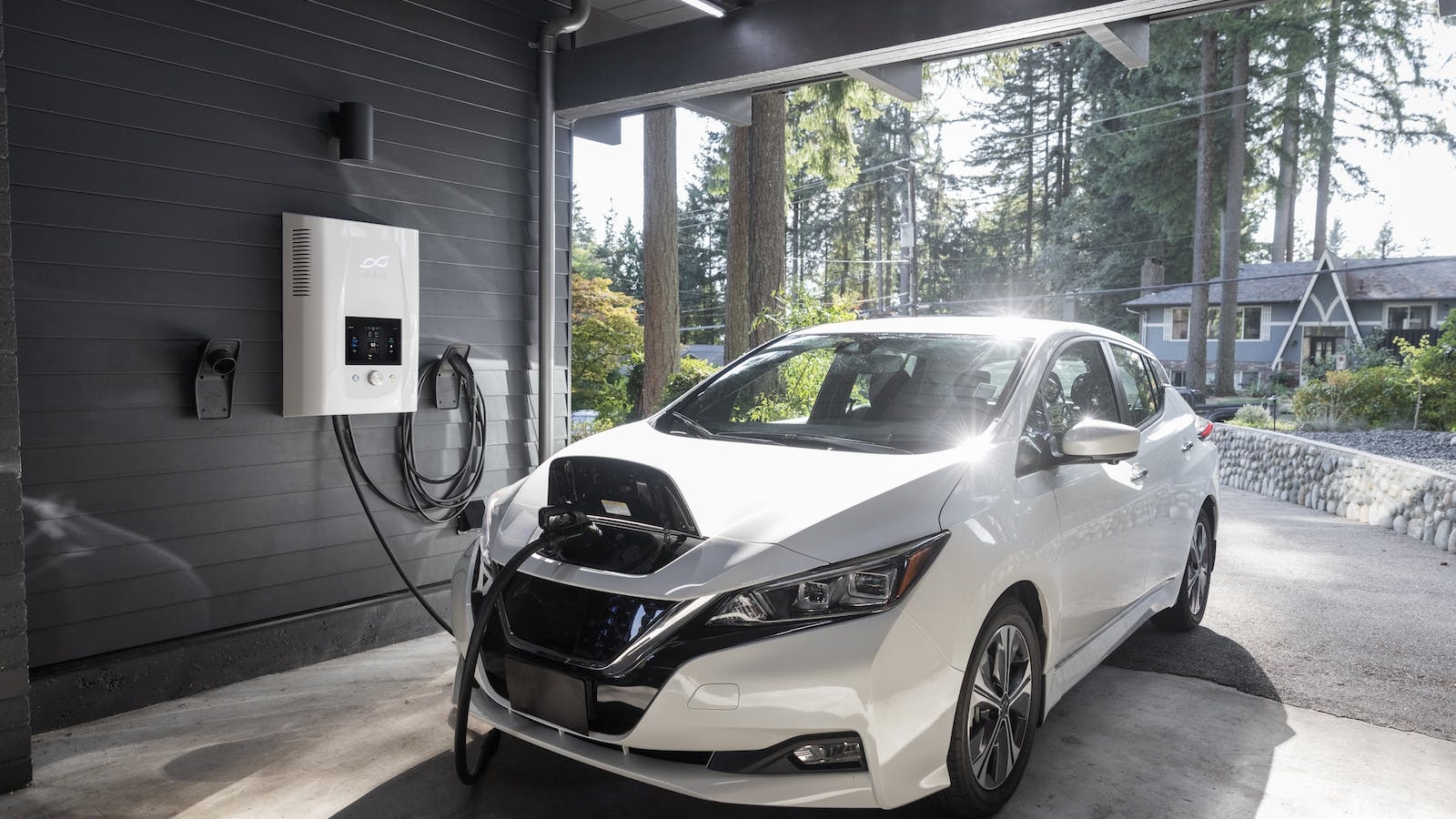Nowadays, electric cars are becoming more and more popular, but by no means the most economically advantageous and not the cheapest, both in purchase and, with rising electricity prices, in maintenance,, but in favor of the “green course”. Entrepreneurs ask – what about their fuel or electricity usage accounting!? Are they similar to fossil fuel!? Sad to admit, but yes!
In accordance with the Corporate Income Tax Law (CIT Law), the entrepreneur is obliged to account for the fuel expenses of his vehicle for the number of kilometers actually driven each month in accordance with the fuel consumption rate per 100 kilometers consumption, which does not exceed the city cycle fuel consumption rate specified by the manufacturing plant by more than 20 %.
We pay a lot of attention to the fact that the condition “urban cycle fuel consumption norm” included in the mentioned norm is based on the fact that it is possible to evaluate the highest of the consumption indicators, which is determined for cars with fuel consumption by manufacturers.
Taking into account the specifics of electric cars, which are significantly different from cars that use fossil fuel, as opposed to cars with fuel consumption, an electric car with the consumption norm specified in the certificate can travel more kilometers in city mode than when making trips in normal mode outside the city.
Taking into account the above, as well as in order to ensure that the same criteria would be observed for the application of corporate income tax for the electricity consumption of electric cars, when applying Section 8 (5), Paragraph 5 of the CIT Law, the highest of the electricity consumption indicators determined by the manufacturer or any of the indicators of publicly available average consumption, or, for example, one of the indicators of a publicly conducted test.
In addition, if the company pays the company’s light vehicle tax (CLVT) in the state budget, it is not necessary to carry out detailed electricity accounting (for example, with road signs or route sheets) in order to justify the use of electricity for ensuring economic activity.
In such a case, the entrepreneur who pays CLVT in the state budget must provide in the documents of the accounting organization the procedure for documenting and accounting for vehicle use expenses, including establishing the procedure for drawing up internal justification documents and registers, in which the number of kilometers actually traveled will be counted, based on the readings of the vehicle’s odometer at the beginning of the month and at the end, and in which the electricity consumption will be determined. When documenting the use of a vehicle, information on electricity consumption should be provided so that documents certifying electricity consumption are identified with a specific vehicle that consumes electricity.
On the other hand, if the company does not pay CLVT for the vehicle in question, then in order to justify the use of the vehicle for the purposes of economic activity, a detailed accounting of electricity must be carried out (for example, with road tickets or route sheets) in accordance with the procedures specified in the documents of the accounting organization.
Regarding the deduction of VAT input tax on the electricity used to charge an electric car, regardless of the type of fuel of the light vehicle (including electricity), the input tax deduction limits set out in Section 100 of the Value Added Tax Law (VAT Law) are applicable to these expenses. For example, if a 50% input tax was deducted for a purchased, rented or imported passenger car, the number of seats, excluding the driver’s seat, does not exceed eight seats, in accordance with Section 100 (2) of the VAT Law, then also for the purchase of electricity for such car, 50% input tax is deductible for charging. Which effectively means that an electric car has no advantage over a car that uses fossil fuels in terms of daily maintenance expenses and taxation.
If you need advice on these matters, or any kind of bookkeeping supervision in everyday life, contact us here on our website and our team will rush to help you, offering favorable terms of cooperation.

